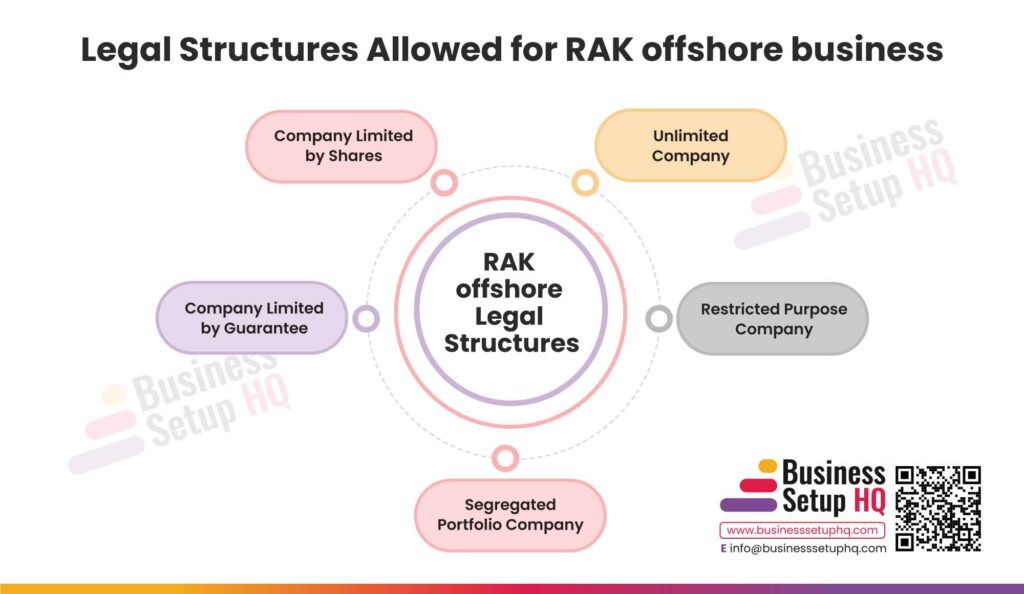Expand Your Market Reach with Offshore Business Formation for Greater Success
Expand Your Market Reach with Offshore Business Formation for Greater Success
Blog Article
A Comprehensive Guide to Navigating Offshore Business Development Effectively
In the world of worldwide entrepreneurship, developing an overseas business provides both intricate obstacles and distinct possibilities. Choosing the optimal territory is the first vital step, requiring a mindful balance of legal stability, favorable tax obligation plans, and economic protection. As prospective capitalists navigate through the complexities of governing and legal structures, understanding the subtleties of each can make a significant distinction in the successful establishment and durability of an offshore entity. What complies with are essential factors to consider and critical approaches that can assist in maximizing the advantages while minimizing the threats involved.
Selecting the Suitable Offshore Jurisdiction
When picking an overseas jurisdiction for company development, numerous essential variables have to be thought about to make certain lawful compliance and functional efficiency. Taxes plans are critical; some jurisdictions provide reduced or absolutely no tax obligation rates, which can be very useful for revenue retention. Nonetheless, one should additionally assess the political security of the region to stay clear of potential dangers that could influence organization operations detrimentally - Offshore Business Formation.
Furthermore, the track record of the territory can substantially impact the assumption of business worldwide. Choosing a jurisdiction with a solid regulatory track record may assist in smoother business relationships and banking transactions around the world. In addition, the ease of operating, consisting of the simpleness of the registration procedure and the accessibility of experienced regional solutions, must be analyzed to make certain that the operational demands are supported properly.
Understanding Governing and lawful Frameworks

Legal structures in offshore territories are typically designed to attract foreign financial investment via economic rewards such as low tax rates and simplified reporting procedures. However, these benefits can come with strict guidelines targeted at avoiding cash laundering and monetary fraudulence. Financiers need to browse these laws thoroughly to stay clear of lawful pitfalls.


Establishing Your Offshore Company Framework
After understanding the regulative and legal structures required for offshore service procedures, the next crucial action is to establish the appropriate company framework. Common frameworks include International Business Corporations (IBCs), Minimal Liability Business (LLCs), and collaborations.
Choosing the best territory is just as crucial. Factors such as political security, legal system, and worldwide connections must be considered to make sure a safe and advantageous atmosphere for business. Popular areas like the Cayman Islands, Bermuda, and Luxembourg supply varied advantages customized to various business requirements, including robust legal systems and beneficial regulatory landscapes.
Eventually, straightening business structure with tactical corporate goals and the picked territory's offerings is crucial for maximizing the advantages of offshore incorporation.
Managing Compliance and Taxation in Offshore Operations
Handling conformity and taxation is a critical facet of maintaining an overseas business. This includes understanding the ramifications of double taxation agreements and figuring out whether the company certifies for any Read Full Report type of exceptions or rewards.
Business owners need to also buy robust conformity programs that consist of normal audits and worker training to maintain corporate governance. Involving with lawful and monetary professionals that focus on worldwide service law can offer important advice and help browse the intricacies of cross-border taxes. These experts can help in establishing efficient tax frameworks that straighten with global practices while enhancing financial commitments.
Eventually, attentive monitoring of compliance and taxes is crucial for making sure the lasting success and sustainability of an overseas business.
Conclusion
To conclude, the effective formation of an offshore business depend upon cautious factor to consider of territory, legal conformity, and the appropriate company structure. By diligently selecting a favorable and stable atmosphere, understanding and adhering to lawful frameworks, and managing continuous conformity and taxes, businesses can establish themselves properly on the international stage. This tactical approach ensures not just functional find out this here authenticity yet also positions business for sustainable development and long-term success in the global market.

Report this page